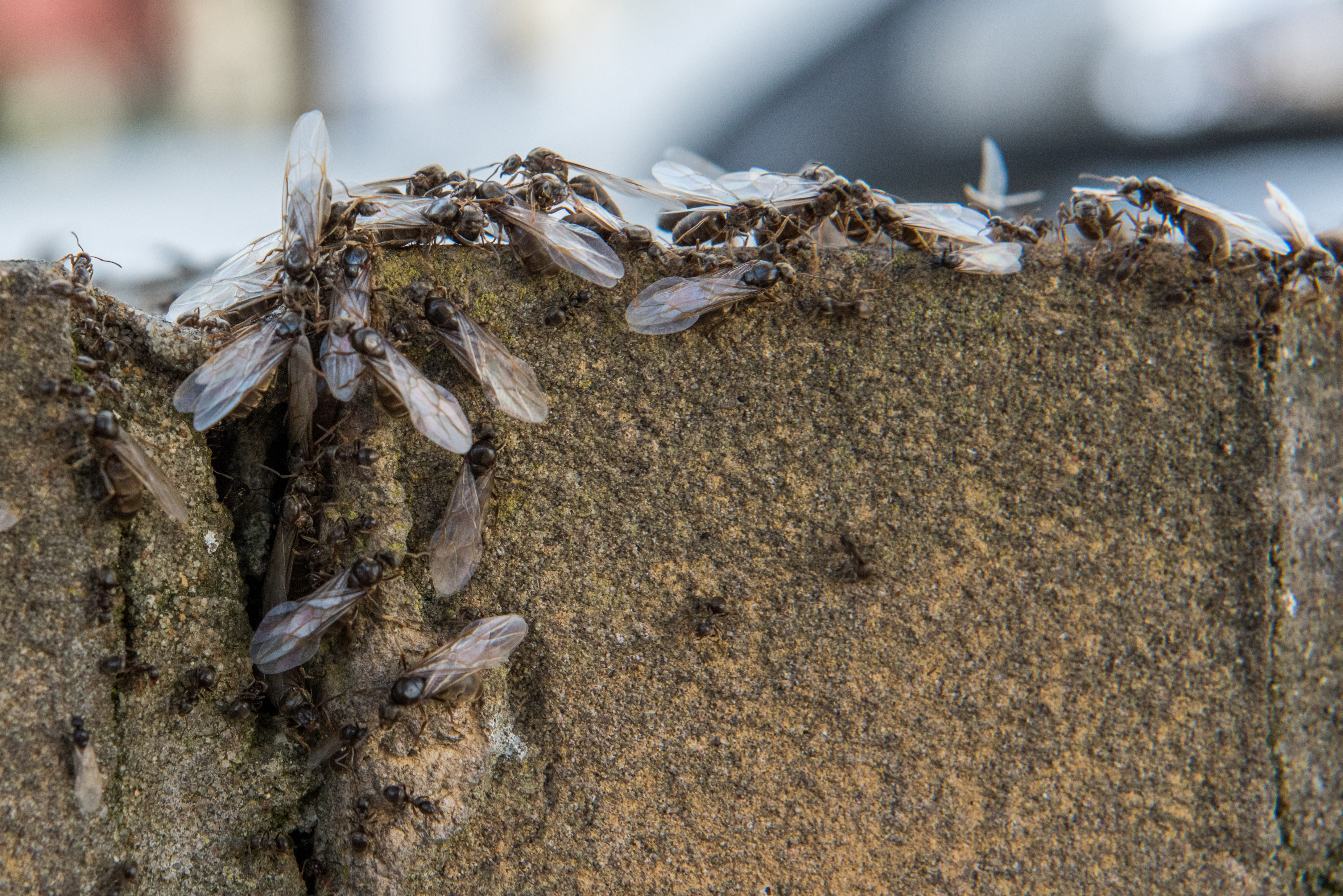
Summer Buzz, Truth Bombs
Let’s set the scene: You’re finally chilling in the garden, soaking up some UK sunshine (yes, it happens!), when—bam—out come clouds of flying ants. Suddenly, everyone’s ducking, flapping their arms, launching straight into “Do flying ants bite? Are they after us?!” It’s a classic panic moment. And honestly, it doesn’t matter how tough you are; those swarms freak people out. But let’s ditch the rumors and talk about what really goes down… because not all flying ants are interested in your ankles, and understanding the real deal can save you a lot of stress (and maybe a mad dash indoors).
I’ve fielded every question at barbecues and playdates… from “Will they sting my dog?” to “Is wearing shorts basically a buffet invitation?” So let’s just get right to the truth—no boring definitions, just honest chat and super practical answers.
Curious Swarms, Secret Missions
Ever notice how flying ants pop up out of nowhere… but always on those still, sticky days when you could practically fry an egg on your patio? These winged wonders aren’t lost. They’re on a mission. This is their version of a singles party—scientists call it a “nuptial flight”—and the main event is all about ant matchmaking.
Most of the time, you’re spotting black garden ants in the UK (Lasius niger). The much rarer red ants (the fiery Myrmica rubra) sometimes crash the party, but they prefer wilder gardens and fields. What’s wild is that around ninety percent of our summer swarming guests are black garden ants—and their story is actually kind of sweet once you see past the wings and the chaos.
Spotting the Difference
A quick detour: Flying ants are not “ant-a-chondriacs” (see what I did there?)—they’re just regular ants in their love phase, with wings. Look for elbowed antennae, pinched waists, and mismatched pairs of wings—much unlike the chunky, horror-movie uniform termites that people sometimes mistake them for.
Flying Ant vs Termite Cheat Sheet
| Feature | Flying Ant | Termite |
|---|---|---|
| Waist | Narrow, pinched | Thick, no pinch |
| Antennae | Elbowed | Straight |
| Wing size | Front bigger than back | Both same length |
| Colour | Black/Brown | Pale/White |
I once watched my neighbor Sarah nearly dial pest control in panic—”It’s termites!” No, just eager black ant queens looking for true love. Disaster averted.
Do Flying Ants Bite (Or Sting)?
Here’s the question that’s probably why you even found this post: do flying ants bite? Okay, deep breath—here’s the honest scoop, and it’s not what most people expect.
In the UK, most flying ants are harmless. Black garden ants? Their little jaws are basically useless against human skin. You could let one crawl up your arm (not that I recommend it…) and the most you’d get is mild tickling. They don’t have stingers, either. Zero risk. Nada. They just want to get on with their ant-wedding and head out to build a new colony in some cozy patch of dirt do flying ants bitebased on UK pest resources.
Now, the red ants—the mischievous Myrmica rubra—are a different story. These guys actually can bite and sting. Their bite is a pinch from their mandibles (think: being poked with tweezers), and they can follow up with a stinger in their tail that delivers a tiny dose of venom. That sting? It burns and reddens like a bad nettle, but unless you’re unusually sensitive, it’s more annoying than dangerous. If you’re allergic, yeah, it’s time to watch out or seek help.
Real-Life Biting Drama
Quick story: My kid once picked up a flying red ant during a garden picnic—”Look, Mama, it’s got wings!”—and, well, she got a tiny nip for her trouble. Tears, a little “magic” (just a cool, wet cloth and a cuddle), and a great bug lesson. She’s a lot more respectful of flying ants now.
Summary Table: Who Bites?
| Ant Species | Bite? | Sting? | What Happens? |
|---|---|---|---|
| Black garden ant | No | No | Just annoying, not dangerous |
| Red ant (Myrmica) | Yes | Yes | Mild irritation, burning, swelling possible |
So… if you see black flying ants swirling around—relax. If it’s red ants (less likely), give them space and cover up if you’re gardening.
What’s With the Buzz?
Why do they always show up on the same days, in what feels like a mini-invasion? Turns out, they’re not targeting you—they’re just following nature’s script. Warm, humid days after rain signal the colony: Mating season! Scientists call it “Flying Ant Day”—even though it’s spread across a few weeks according to the Natural History Museum.
It’s a bit like nature’s speed-dating. Queens and males leave their home nests, fill the air with frantic flapping, mate mid-flight, and the fertilized queens land, shed their wings, and burrow to build a new ant empire. By dusk, the chaos is over… and your nerves (mostly) are still intact.
Bites and Your Health
You’ve probably seen that phrase pop up all over search results—”do flying ants bite”—but let’s dig into what actually happens if you’re unlucky enough to get bitten or stung. Most bites (and all stings) from Myrmica red ants vanish in a day or two, leaving only minor swelling or redness. If you notice blistering, rash, or—rarely—trouble breathing, it’s time to see a doctor. For everyone else? Rinse with some water, grab an ice pack, and maybe chuckle at your ant-powered adventure do flying ants bite.
Fun fact: Even if you’re sensitive, the UK’s red ants just don’t pack the same punch as notorious stingers like fire ants in the US. And black flying ants aren’t up for the challenge at all see more on UK ant types.
How to Get Flying Ants Away… Naturally
So how do you keep flying ants from swarming the kitchen table, or lining up like they own your pool? It’s not about launching a chemical war—there are easier, safer tweaks that keep your home (and skin) bug-bite free:
Moisture Magnets
Flying ants love finding drippy windowsills, leaky pipes, or food crumbs left out. If your kitchen smells like a picnic spot, you’re basically rolling out a red carpet.
- Wipe down counters.
- Fix leaky taps and pipes ASAP.
- Take the bins out (even if you’re feeling lazy… trust me, it helps).
On swarm days, shut windows and doors—especially if you spot them buzzing in your neighbor’s garden. Ants really can choose the weakest entry point, so a quick sweep and close-up before bed actually helps keep them out.
Natural Repellents (Bug-Hack Time!)
- Sprinkle a bit of white vinegar around entry points—ants hate the smell, and it’ll clean at the same time.
- Lemon juice or citrus peels near windowsills add zing to the kitchen and chase off ants.
- Cotton balls soaked in peppermint oil do double duty: fresh scent for you, and ants steer clear (research on essential oils and deterrents).
- Peppermint and eucalyptus sprays (safe near kids and pets if diluted). Plus, they smell like a fancy spa.
If you spot a few flyers indoors, trap-and-release works best—just scoop up with a glass and slide a card under. Swatting makes them defensive, upping your odds of a bite.
Wellness Angle—Why It Matters
When you stay calm about flying ants and avoid harsh chemical sprays, you’re protecting your wellbeing. Less stress means fewer “please not in my hair” moments—and minimizing random bug bites keeps your skin happier, too.
Even more important? Swarms often signal a hidden moisture issue. Skip the panic and use their arrival as a reminder to fix those sneaky leaks or tidy up the forgotten snack corner. Managing bugs = managing health at home.
My Flying Ant Fiasco
Quick confession: I once left watermelon rinds out after a lazy summer lunch… and the next morning, the kitchen was hosting a full-on flying ant fiesta. One deep clean later (and a vow to never skip the compost again), I was back in control. Ants gone, house fresh, lesson learned.
Let’s Wrap It Up—Bite-Sized Advice
Flying ant panic? Not anymore! Next time someone asks, “do flying ants bite?” you can tell them—black flying ants in the UK are harmless. Most swarms are nothing to fear. Red ants (rarer) can bite and sting… but unless you disturb them, they want as little to do with you as you want with them.
So—the plan: Don’t swat! Don’t panic! Appreciate the weirdness of the ant nuptial flight, keep your vibe chill, and let natural repellents work their magic. And hey, if you find do flying ants bite in your search history again, remember the real answer is… mostly, “nope, but I’m glad I checked.”
Little surprises like flying ants are just part of the wild garden party that is UK summer. Live and let live—unless it’s under your duvet. Then, all bets are off. Stay curious, stay calm, and share a “did you know?” next time someone else panics!

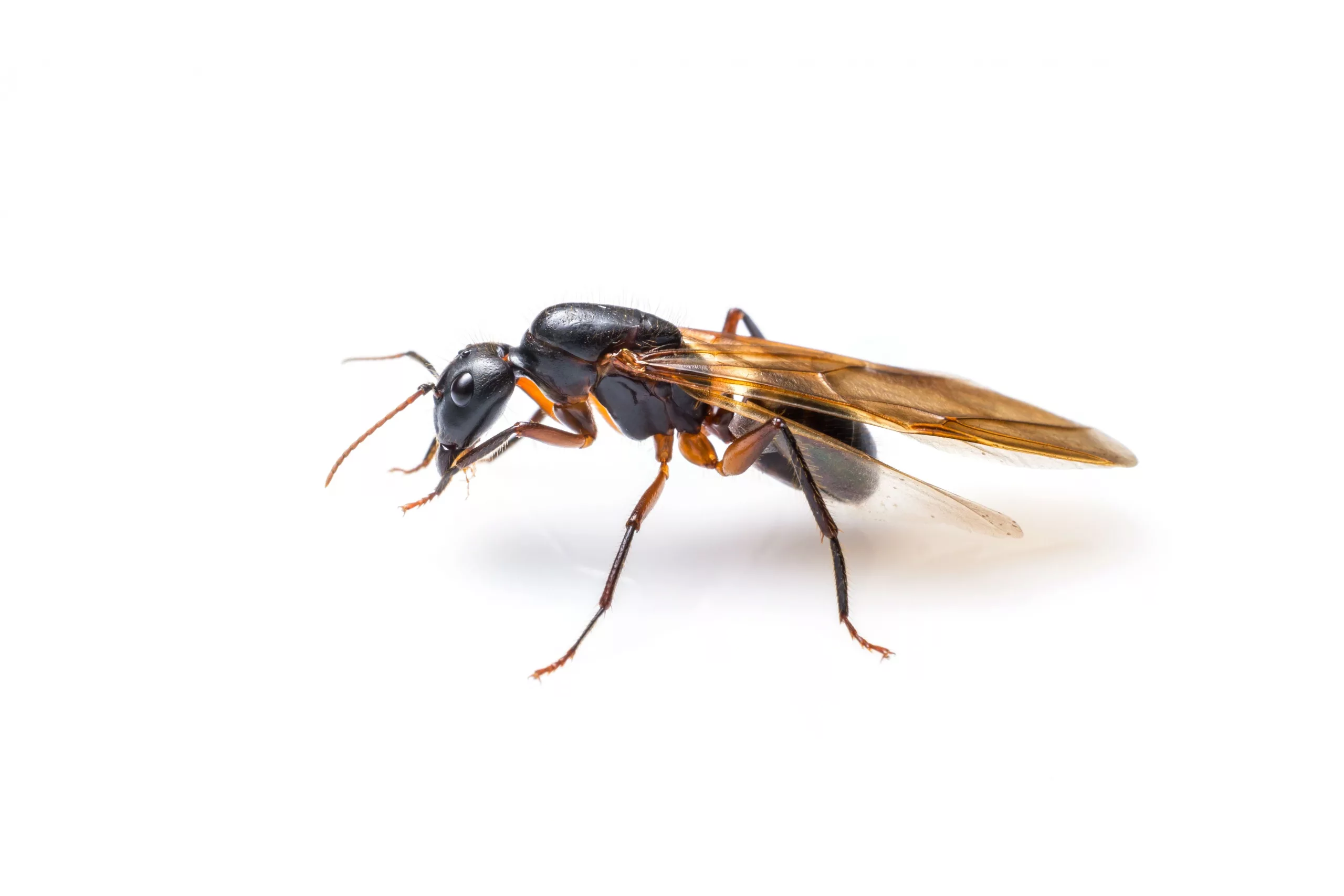
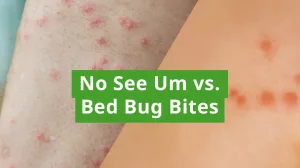
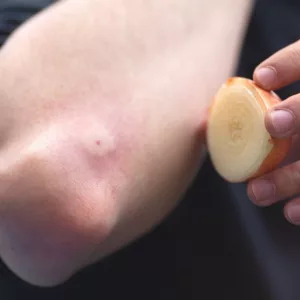


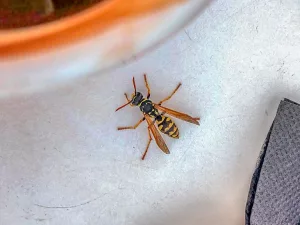
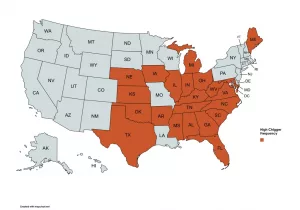
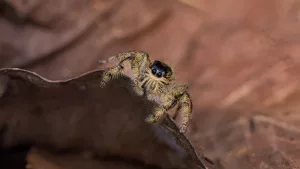
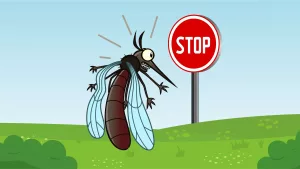















Leave a Reply
You must be logged in to post a comment.